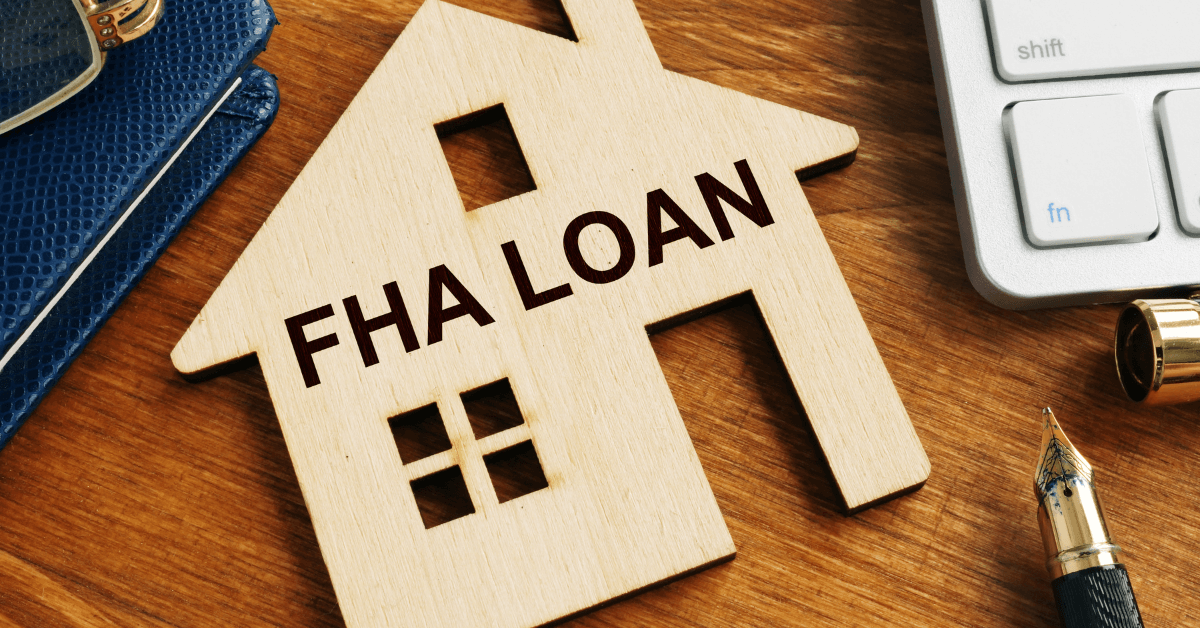If you have a credit score as low as 500, you may still qualify for an FHA loan. However, the amount you need for a down payment will depend on your credit score. Let’s explore how FHA loans work, their credit score requirements, and whether they are the right option for you.
What Is an FHA Loan?
An FHA loan is a government-backed mortgage designed to make homeownership more accessible. While the FHA does not lend money directly, it insures mortgages issued by FHA-approved lenders, such as banks and credit unions. This insurance protects lenders in case borrowers default on their loans.
FHA loans can be used to buy or refinance various types of residential properties, including:
-
Single-family homes
-
Multifamily properties
-
Residential care facilities
These loans are especially popular among first-time homebuyers and those with limited savings, thanks to their low down payment and flexible credit score requirements.
The Minimum Credit Score Needed for an FHA Loan
FHA loans are designed to help low- to moderate-income families achieve homeownership. Unlike conventional loans, which typically require a minimum credit score of 620, FHA loans allow for lower credit scores.
FHA credit score and down payment requirements
-
580 or higher → Eligible for 3.5% down payment
-
500 – 579 → Must provide a 10% down payment
However, while the FHA sets these minimums, many lenders require a credit score of at least 620 for loan approval. That’s because lenders have the final say and can impose stricter requirements.
Why You Should Have a Strong Credit Score
Your credit score is an important factor in determining your loan eligibility and interest rate. However, it’s not the only thing that matters. The FHA and lenders also consider:
-
Income
-
Debt-to-income ratio (DTI)
-
History of foreclosures or bankruptcies
If you’ve faced financial hardships, such as a job loss or medical emergency, lenders may take that into account when reviewing your loan application.
How to Apply for FHA Loan
Since the FHA does not issue loans directly, you will need to apply for FHA loan pre approval, such as a bank or credit union.
FHA loan requirements
Here are some of the key qualifications for an FHA loan:
Credit Score: The FHA requires a minimum credit score of 500, but most lenders require at least 620.
Down Payment:
-
3.5% down for credit scores 580 or higher.
-
10% down for credit scores 500 – 579.
Debt-to-Income Ratio (DTI): Your DTI should be 43% or lower, meaning your monthly debt payments should not exceed 43% of your income.
Mortgage Insurance Premiums (MIP):
Borrowers must pay upfront and monthly mortgage insurance premiums to protect lenders in case of default.
-
Upfront MIP: 1.75% of the loan amount (can be rolled into the loan).
-
Annual MIP: 0.45% – 1.05%, depending on loan terms.
Property Requirements
-
The home must be your primary residence.
-
The property must meet FHA safety and value standards.
-
FHA loan limits range from $498,257 to $1,149,825, depending on location.
Personal and Financial Documentation
-
Valid Social Security number.
-
Proof of steady income.
-
Recent bank statements and employment records.

FHA Loan Alternatives
While FHA loans are a great option for homebuyers with lower credit scores, they come with mortgage insurance costs that can increase monthly payments.
If you’re considering alternatives, here are a few options:
-
Conventional Loans
-
Typically requires a credit score of 620 or higher.
-
If your down payment is less than 20%, you must pay private mortgage insurance (PMI).
-
PMI can be removed once you reach 20% home equity.
-
VA Loans (For Veterans)
-
Available to veterans, active-duty service members, and eligible surviving spouses.
-
No down payment is required.
-
No mortgage insurance.
-
USDA Loans (For Rural Areas)
-
Designed for low-income borrowers in rural areas.
-
No down payment is required.
-
Lower mortgage insurance costs than FHA loans.
Final Thoughts
If you have a low credit score and limited savings, an FHA loan could be the perfect solution for buying a home. To qualify:
-
580+ credit score → 3.5% down payment.
-
500 – 579 credit score → 10% down payment.
-
Lenders often require a 620+ credit score, even though FHA allows lower scores.
While FHA loans offer flexibility, it’s important to consider the costs associated with mortgage insurance. Exploring alternative loan options—such as conventional, VA, or USDA loans—can help you find the best mortgage for your financial situation.
